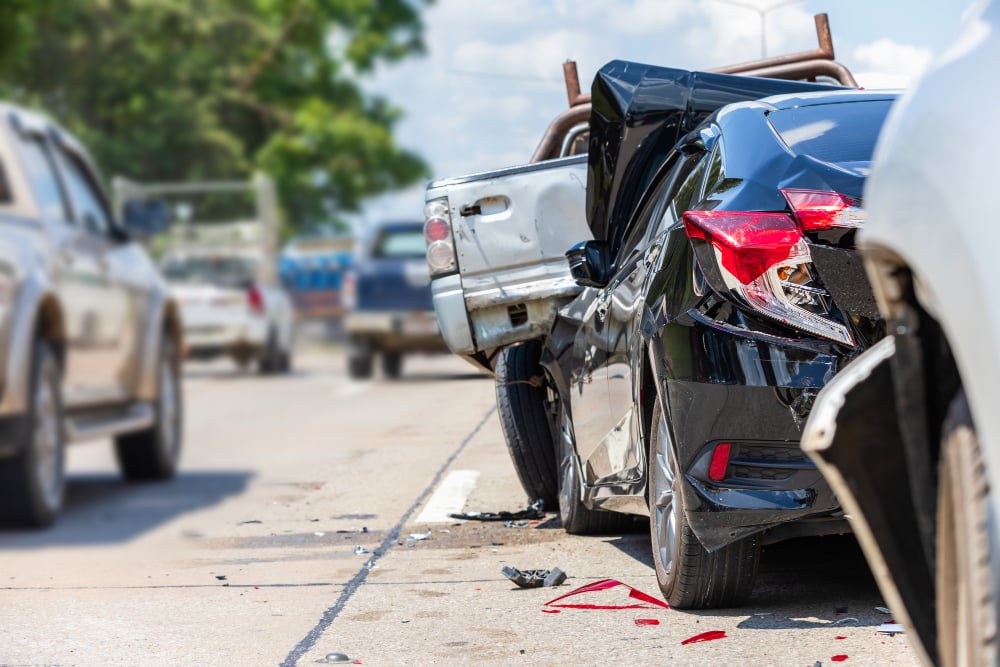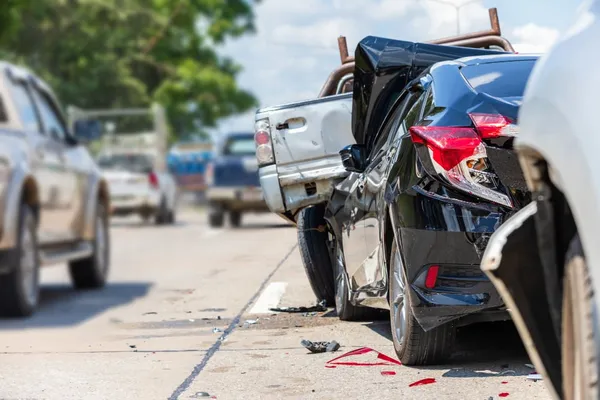Scratched bumpers. A little dent. Maybe a bruised ego. Fender-benders are part of life’s unplanned adventures, and they often strike when you least expect it.

The good news is these minor accidents are manageable.
The even better news? By the end of this post, you’ll be fully prepared to handle any accident like a seasoned pro. Here, we’ll walk you through the essential steps to take after a minor car accident - because, frankly, winging it isn’t the best strategy.
1. Check for Injuries First, Paperwork Later
Before anything else, ensure everyone involved is safe. Got a little scratch? Good - now check on others. If anyone’s injured, skip the DIY heroics and call emergency services right away.
And hey, realize that just because it’s a “minor” accident doesn’t rule out those sneaky post-accident injuries. You might feel fine initially thanks to adrenaline, but that nasty surprise of whiplash isn’t always immediate. When in doubt, get checked.
2. Move to Safety
If your car is drivable and it's safe to do so, pull over to the side. Don’t clog traffic or risk becoming part of a bigger mess. However, resist the urge to clean up the debris yourself. Leave the heavy lifting to the professionals.
That said, never leave the scene entirely. Not only does that spell trouble legally, but it also makes people talk about you...and even put the blame on you.
3. File a Police Report
Sometimes fender-benders don’t seem like a big deal. That is until your “minor” damage blossoms into a $1,500 repair bill two weeks later.
Reporting the accident to the police creates an official record of what happened, which can save you a lot of back-and-forth "he said, she said" drama with insurance companies.
4. Use Your Phone for Good
Take out your phone - not for Instagram, but to document everything. Snap photos of:
- All the vehicles (and their damage)
- License plates
- The surroundings (because the stop sign may be playing a part in this drama)
But here’s the tricky part - watch your words. Don’t start apologizing or saying, “Geez, it’s all my fault.” Instead, stick to the facts, Sherlock.
5. Know When to Call an Attorney
Not every minor accident ends with a handshake and a cheerful “Have a good day!”
Sometimes, the aftermath gets messy - insurance disputes, hidden injuries, or an at-fault driver playing the blame card. That’s where a seasoned attorney can help. Attorneys can advocate for you, handle complicated insurance negotiations, and ensure you get a fair settlement.
Speaking of settlement, did you know there’s more to a car accident that hits from behind settlement than just repair costs? Factors like medical bills, emotional pain, and even lost wages all come into play. An experienced attorney can help ensure you’re treated fairly.
6. Call Your Insurance
Yes, this one’s a bit of an eye-roll, especially when you’re groaning, “Do I have to?” But being prompt and thorough with your insurer keeps you in their good books (and prevents awkward coverage hiccups).
Report the details - who, what, when, where, why, and how. Keep your story straightforward, and avoid the blame game. Nobody loves a drama queen, not even your claims adjuster.
Wrapping It Up
Accidents are unpredictable, but your response doesn’t have to be. Whether it’s about documenting the scene or seeking fair compensation, these six steps can help you tackle the fender-bender fuss like a seasoned pro.
Now that you’re all in the know, remember to save this guide. Better yet, share it with your loved ones - it’s like giving them a free roadside survival kit.





